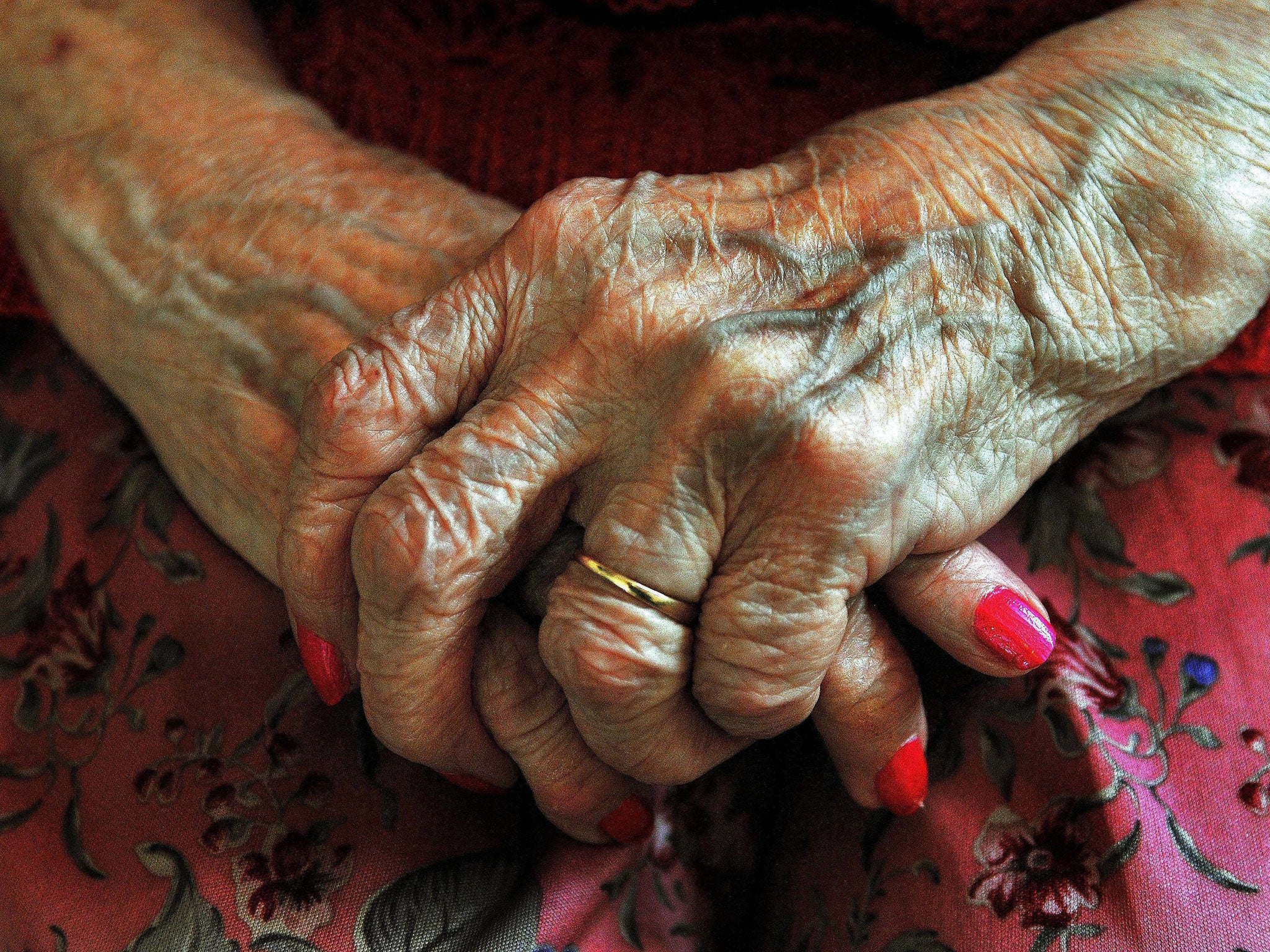The final taboo: few Britons know loved ones’ dying wishes

More than half of Britons in relationships are unaware of their partners’ end-of-life wishes because we still find it difficult to talk about death, a new survey has revealed.
The study, published by the Dying Matters Coalition, shows millions of us fail to make adequate plans for our deaths and don’t know the wishes of our loved ones because talking about dying is still too much of a taboo.
The poll found only 21 per cent of Britons have discussed their end-of-life wishes with somebody. Four-fifths of the public believe people in Britain are uncomfortable discussing death, and only a third of Britons have written a will. Just 29 per cent of us have let a loved one know our funeral wishes.
Claire Henry, chief executive for the Dying Matters Coalition and the National Council for Palliative Care, said: “Dying is one of life’s few certainties, but many of us appear to be avoiding discussing it or are in denial altogether. Talking more openly about dying and planning ahead is in everyone’s interests as it can help ensure we get our wishes met and make it easier for our loved ones. You only die once, which is why it’s so important to make your wishes known while there’s still time.”
The study, timed to coincide with Dying Matters Awareness Week this week, also looked at the growing issue of people’s digital legacy, revealing 27 per cent of the public have posted an online tribute to someone who has died. However, despite the rise of social media, the majority of Britons haven’t considered what will happen to their own online accounts when they die, although 11 per cent of people said they would want a friend or family member to continue updating their social media accounts on their behalf.
The study also showed it’s not just the public who struggle to talk about death. A separate poll of 1,000 family doctors found a quarter of GPs had not initiated conversations with their patients about their end-of-life wishes.
Around 90 per cent of the public think health-care professionals should receive training in how to talk sensitively to people who are dying.
Professor Mayur Lakhani, chair of the Dying Matters coalition, said: “Although it’s encouraging that increasing numbers of doctors are discussing end-of-life wishes with patients to help get them the right care and support, there’s still a long way to go.
“What we need now is a national conversation about dying, so that health-care professionals and the general public become more comfortable in discussing dying, death and bereavement.”
Dr Peter Carter, chief executive and general secretary of the Royal College of Nursing, said: “There is only one chance to get care right at the end of someone’s life and we need to overcome our fears and become more open about discussing death.
“Nurses are often uniquely placed to help people talk about their wishes to ensure that they get the care that gives them dignity and comfort at the end of their lives. The vast majority of people want to be able to die at home and to help them do this there should be more resources in the community. At the moment, too few people have a proper choice and that must change.”
Join our commenting forum
Join thought-provoking conversations, follow other Independent readers and see their replies
Comments
Bookmark popover
Removed from bookmarks